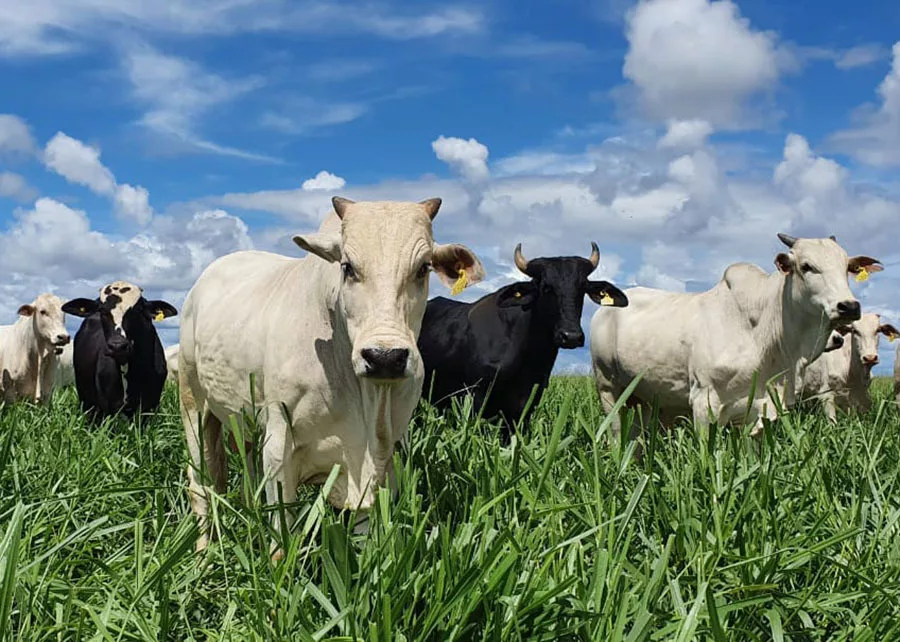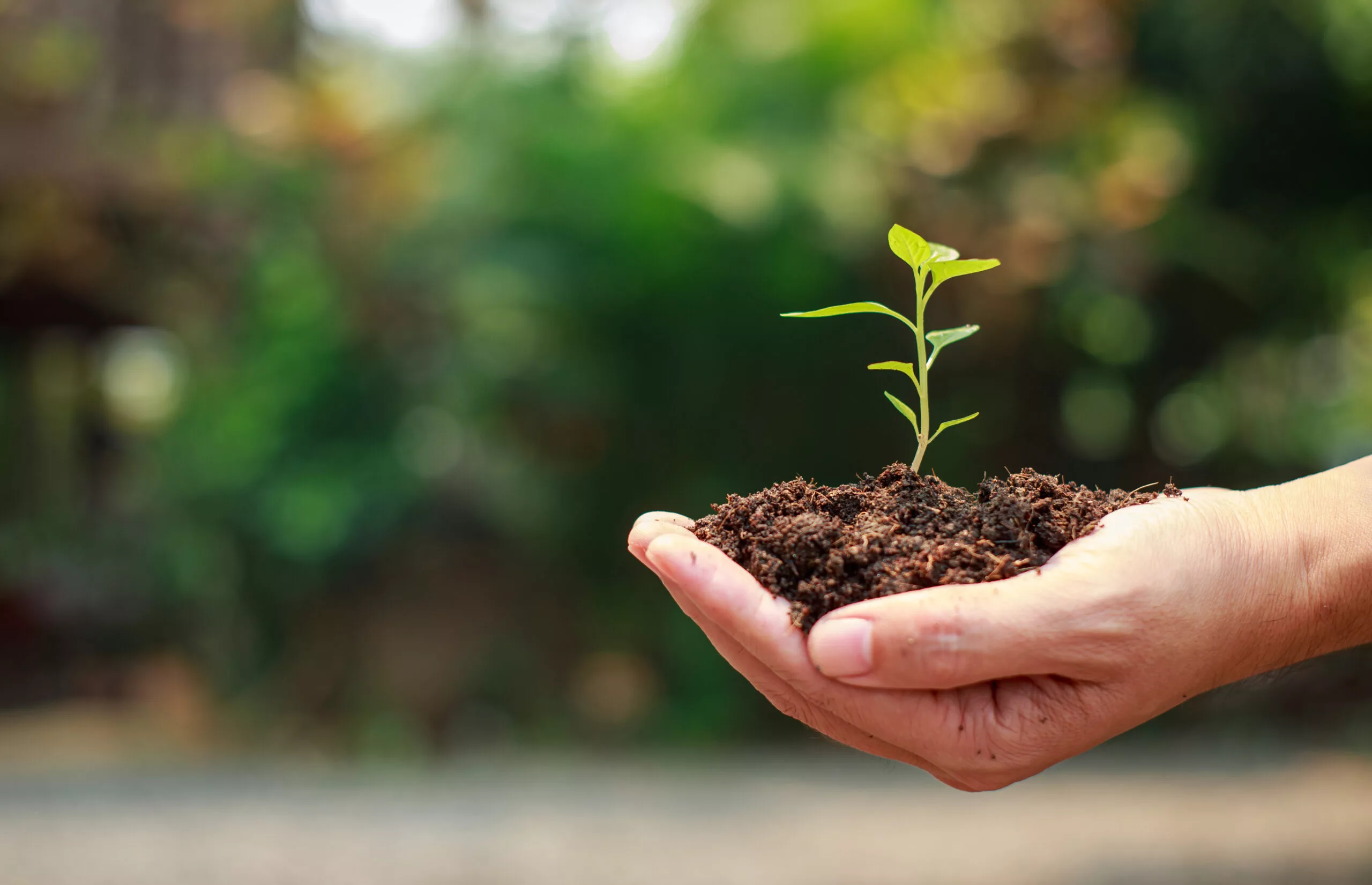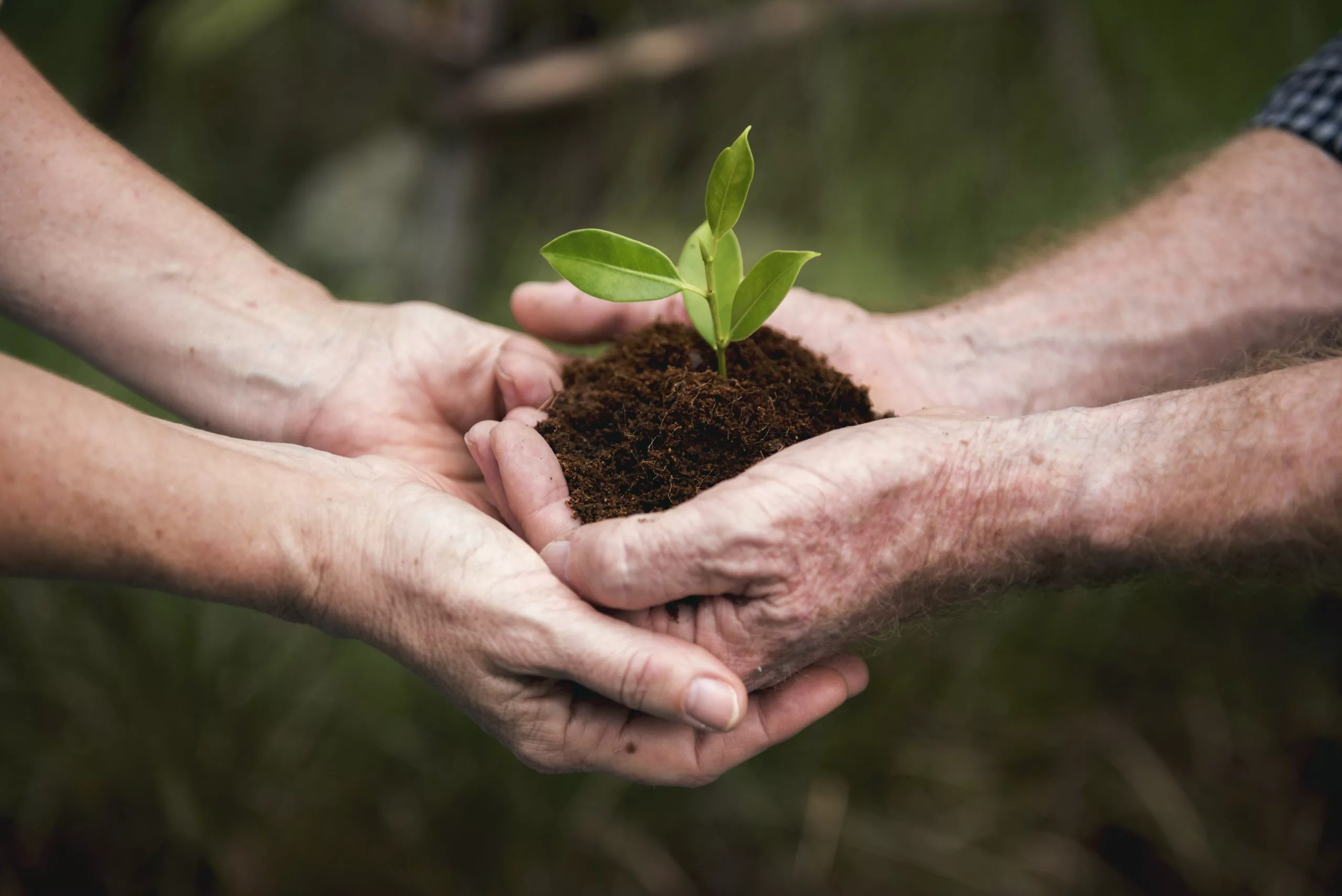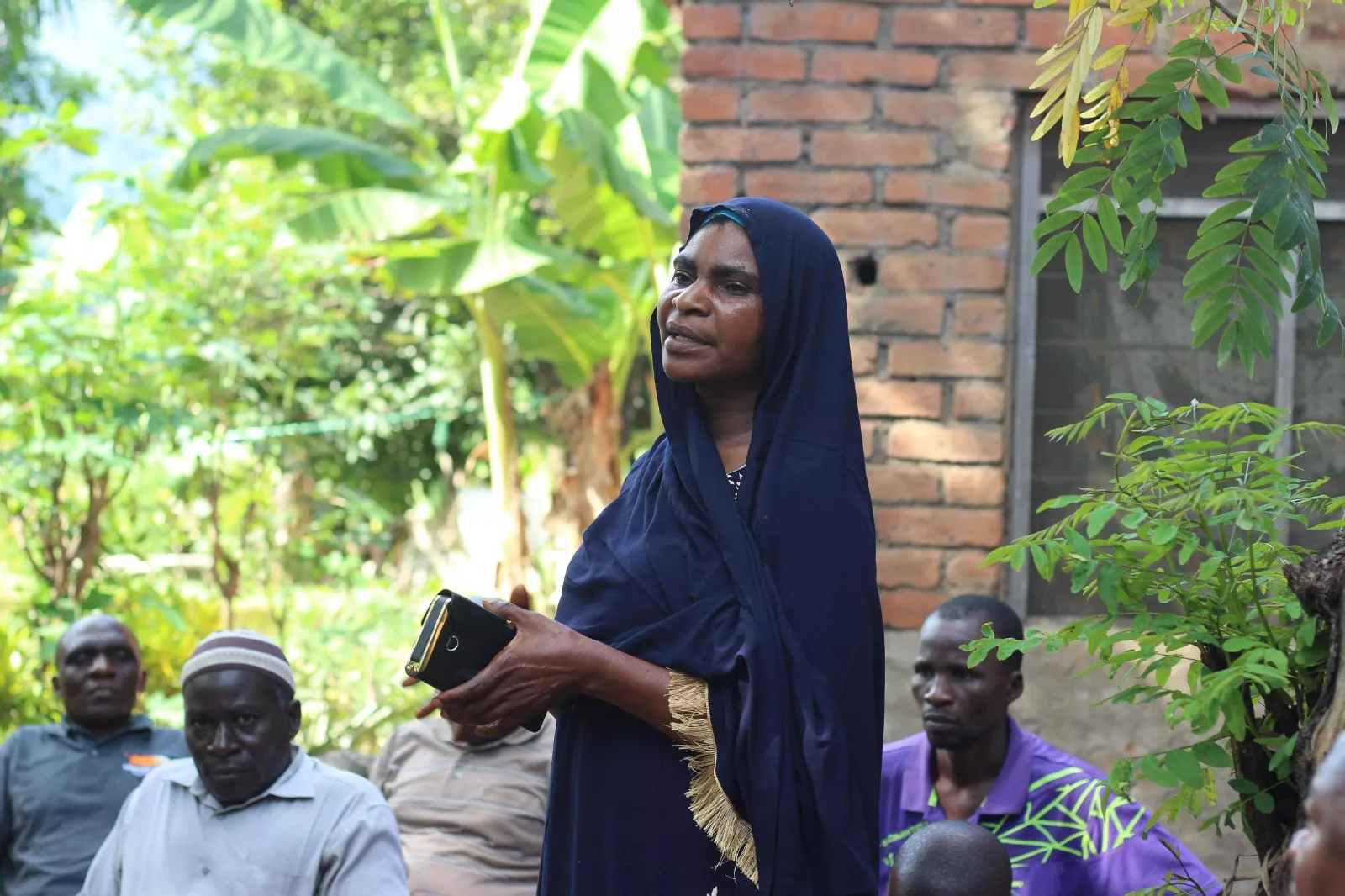
São Paulo´s Secretariat of Agriculture and Supply (SAA) took the first step towards establishing public policies for agroecology and organic production in the state, a pioneering initiative in Brazil.
Secretariats of Agriculture, Infrastructure and Environment and Justice and Citizenship jointly signed a resolution in order to establish the Agroecological Transition and Organic Production Certificate.
In addition, eleven organic producers received their certificates at an event held in February and the Government of São Paulo published the State Policy on Agroecology and Organic Production (PEAPO).
Organic production
The rules base a state plan, with actions, goals and indicators, as well as new technical working group involving those three aforementioned secretariats.
According to the Agriculture Secretary, Itamar Borges, the Secretariat was ‘in debt” in relation to agroecological and organic products.
“We are taking an important step forward for two sectors that were stand by regarding public policies, but very active in their activities. We have to do our part for them to move forward”, said.
On the occasion, organic products such as honey, coffee, fruits and bread were on display for tasting, offered by the GAU Buffet.
“Organic agriculture is a very promising market, growing at around 20% a year in Brazil. We are talking about more than 25 thousand farmers in the country. We needed a strategic state plan, which will be in line with state policy”, observes Araci Kamiyama, leader of CATI’s Organic Work Group (WG).


![24 Dec. 2023- Shirqat – Iraq – Ahmed Turki Naif, One of the beneficiaries of the training courses on modern agricultural methods in Shirqat is married and a father of two daughters, benefited from the project by adopting pivot sprinklers and drip farming after benefiting from the training course. his fealed work is growing barley, […] 24 Dec. 2023- Shirqat – Iraq – Ahmed Turki Naif, One of the beneficiaries of the training courses on modern agricultural methods in Shirqat is married and a father of two daughters, benefited from the project by adopting pivot sprinklers and drip farming after benefiting from the training course. his fealed work is growing barley, […]](https://planetacampo.canalrural.com.br/wp-content/uploads/sites/9/2025/02/undp_iq_dsc06266-scaled-1.webp)



